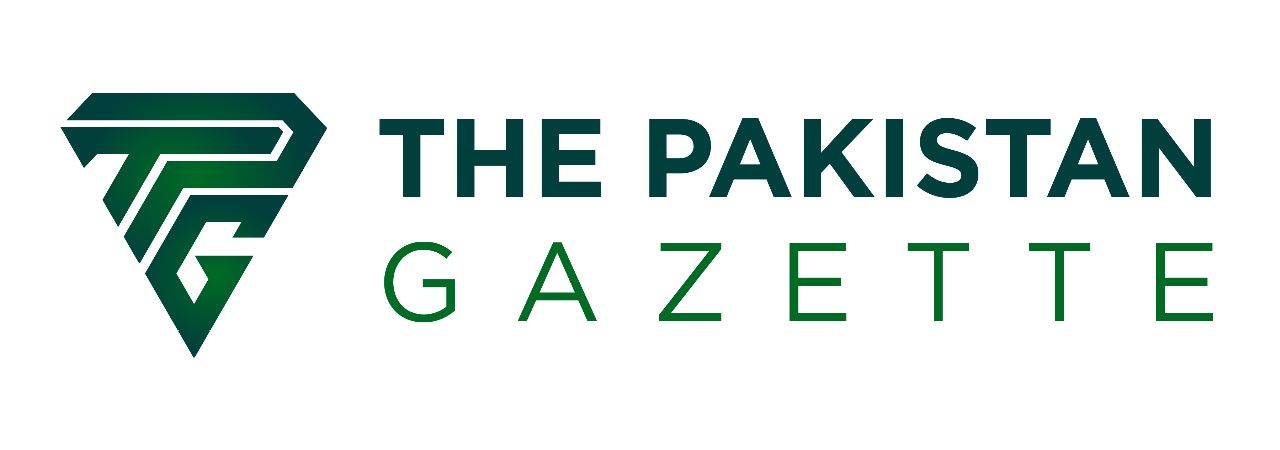
Trump 2.0 and WHO: A Critical Analysis of U.S. Withdrawal from the World Health Organization
In his second term, President Donald Trump has swiftly implemented various executive orders, sparking widespread discussion. These actions include declaring a national energy emergency, issuing pardons for the rioters of January 6, 2021, pausing the TikTok ban, freezing federal hiring, and renaming prominent American landmarks. However, one executive order that has quietly set the stage for significant global implications is the initiation of the United States’ withdrawal from the World Health Organization (WHO).

Understanding the World Health Organization (WHO)
Established in 1948, the World Health Organization (WHO) is a specialized United Nations agency dedicated to global health. Its mission is to promote health, ensure public safety, and support vulnerable populations. Over the years, WHO has played a critical role in combating diseases such as smallpox and polio, managing health crises like Ebola and COVID-19, and distributing vaccines worldwide.
Despite these achievements, WHO has been criticized for its bureaucratic inefficiencies, slow response to crises, and perceived bias toward certain nations, notably China, during the COVID-19 pandemic. Additionally, its reliance on voluntary funding has raised concerns about the influence of major donors over its policies.
Rationale Behind Trump’s Withdrawal
President Trump’s decision to withdraw from WHO stems from multiple grievances. First, he criticized WHO’s handling of the COVID-19 pandemic, accusing it of favouring China and failing to provide transparent information. Secondly, Trump pointed out the lack of substantial reforms within the organization, arguing that it had not adapted to meet current global health challenges. Lastly, the financial burden on the United States played a significant role. The U.S. contributes 22% of WHO’s assessed contributions, a stark contrast to China’s 15%, prompting concerns over an uneven financial commitment.
Consequences of U.S. Withdrawal
The United States’ departure from WHO presents immediate challenges, particularly in funding and expertise. As WHO’s largest financial contributor, the U.S. contributed approximately 20% of its budget. The withdrawal creates a funding gap that other countries may struggle to fill.
Furthermore, the executive order mandates the recall of American health experts from WHO, including 30 officials from the Centers for Disease Control and Prevention (CDC). This loss of personnel is likely to disrupt vital activities such as disease surveillance, research, and global health initiatives.
Impact on Global Health and Multilateralism
The U.S. withdrawal signals a broader retreat from multilateralism—a cornerstone of international cooperation in health, security, and economic development. WHO has long served as a platform for countries to pool resources, share expertise, and coordinate responses to global health threats. However, the exit of the U.S. weakens this framework, fostering a fragmented approach to tackling pandemics and other health crises.
Middle Powers Stepping Up
In the absence of U.S. leadership, middle powers like Germany, India, kingdom Saudi Arabia, and South Korea have begun to fill the void. Germany has led efforts for equitable vaccine distribution, while India’s “Vaccine Maitri” program has supplied vaccines globally. KSA has also contributed over $500 million towards pandemic response efforts. These initiatives demonstrate the capacity of middle powers to sustain multilateral cooperation even as U.S. priorities shift.
China’s Ascendancy in Global Health
With the U.S. stepping back, China has moved swiftly to expand its role in WHO. By increasing its financial contributions, China seeks to shape WHO’s agenda and bolster its soft power, especially among developing nations. This realignment could diminish Western influence in global health governance, with countries like France and Germany potentially aligning more closely with China on health initiatives.
Conclusion: A New Era in Global Health Governance?
The decision to withdraw from WHO marks a significant shift in U.S. foreign policy, reshaping the landscape of global health and multilateralism. As the world grapples with emerging health threats and geopolitical tensions, the role of international organizations like WHO remains crucial. Whether the United States will return to WHO or continue on a path of unilateral action remains an open question, with profound implications for global cooperation and governance.

Ashfaq Ali Khan is a scholar of Political Science and International Relations, known for his insightful analyses of global political dynamics.
